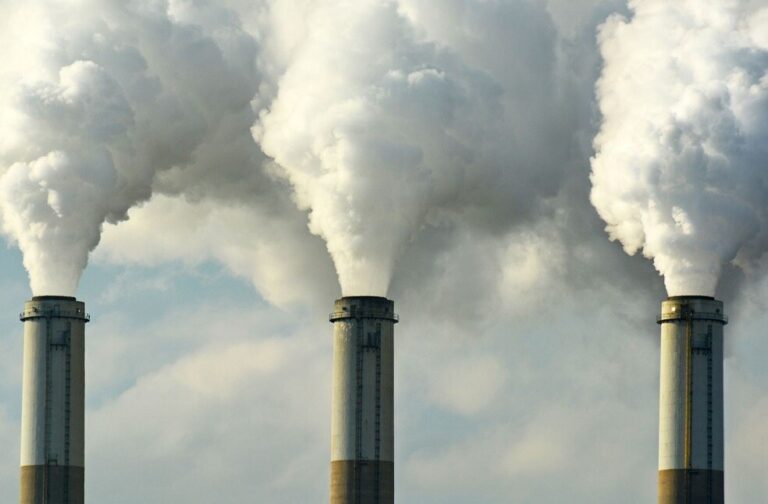Last year saw record highs for both greenhouse gas emissions and the use of fossil fuels worldwide, even as renewable energy sources produced more electricity than ever before according to an industry report.
According to the Statistical Review of World Energy report released on Thursday, there was a 1.5 percent increase in the use of fossil fuels compared to 2022, while there was a 2.1 percent increase in emissions.
Simultaneously, 14.6 percent of energy consumption came from renewable sources, a 0.4 percent increase from the year before.
The Energy Institute’s CEO, Nick Wayth, stated that although the need for fossil fuels is peaking in developed economies, the rise of these resources is still being driven by economic development and increases in living standards in emerging economies.
In the report’s foreword, Wayth stated, “The transition is progressing slowly, but the big picture masks diverse energy stories playing out across different geographies.”

According to the research, the worldwide South accounted for 56 percent of the world’s total energy consumption, and its use was expanding at a rate twice as fast as the worldwide average.
According to the research, China was by far the biggest user of coal, making up 56 percent of the global consumption, while India’s consumption surpassed that of both Europe and North America put together for the first time ever.
In contrast, the report stated that coal usage in North America and Europe reached its lowest points since 1965.

Over the past ten years, coal usage in the United States has decreased by 17 percent. The study states that China and India had significant growth in natural gas use as well, with consumption climbing by 7 percent.
Europe’s demand decreased by 7 percent, resulting in essentially unchanged global consumption.
China led the way in the adoption of renewable energy as well, contributing 63 percent of the world’s newly installed solar and wind power.
Since 2023, the annual report has been produced by the Energy Institute, which represents the global energy sector, in association with the consulting firms KPMG and Kearney.
BP, which had been writing the report since the 1950s, handed over publishing duties to the institution.



